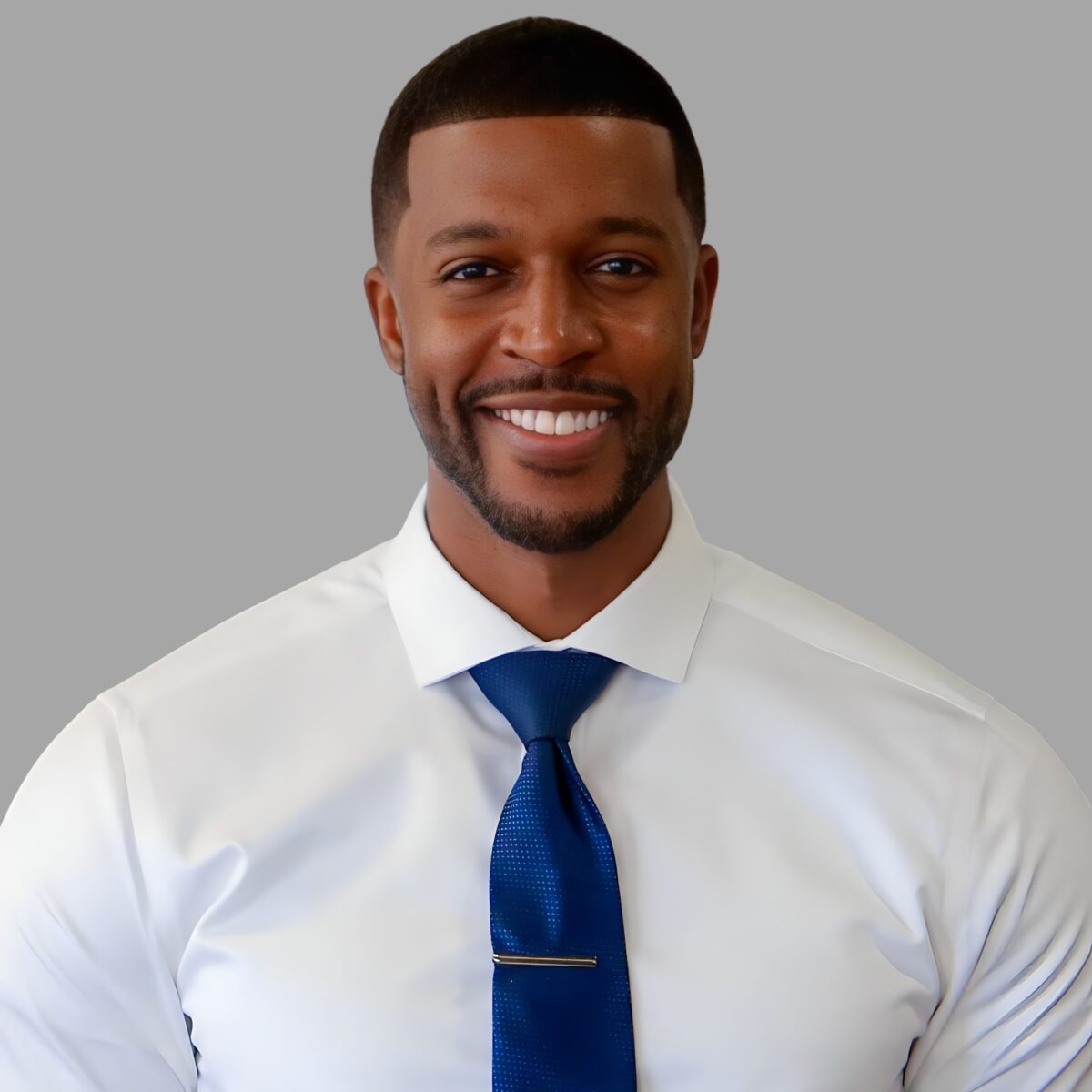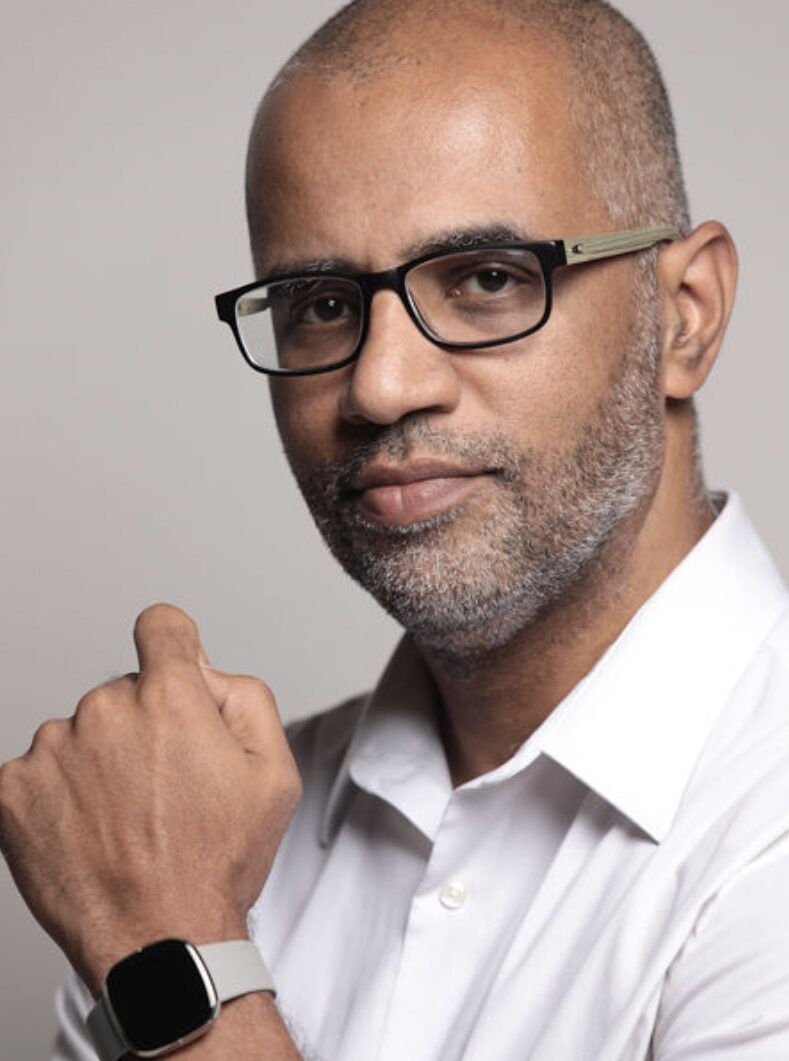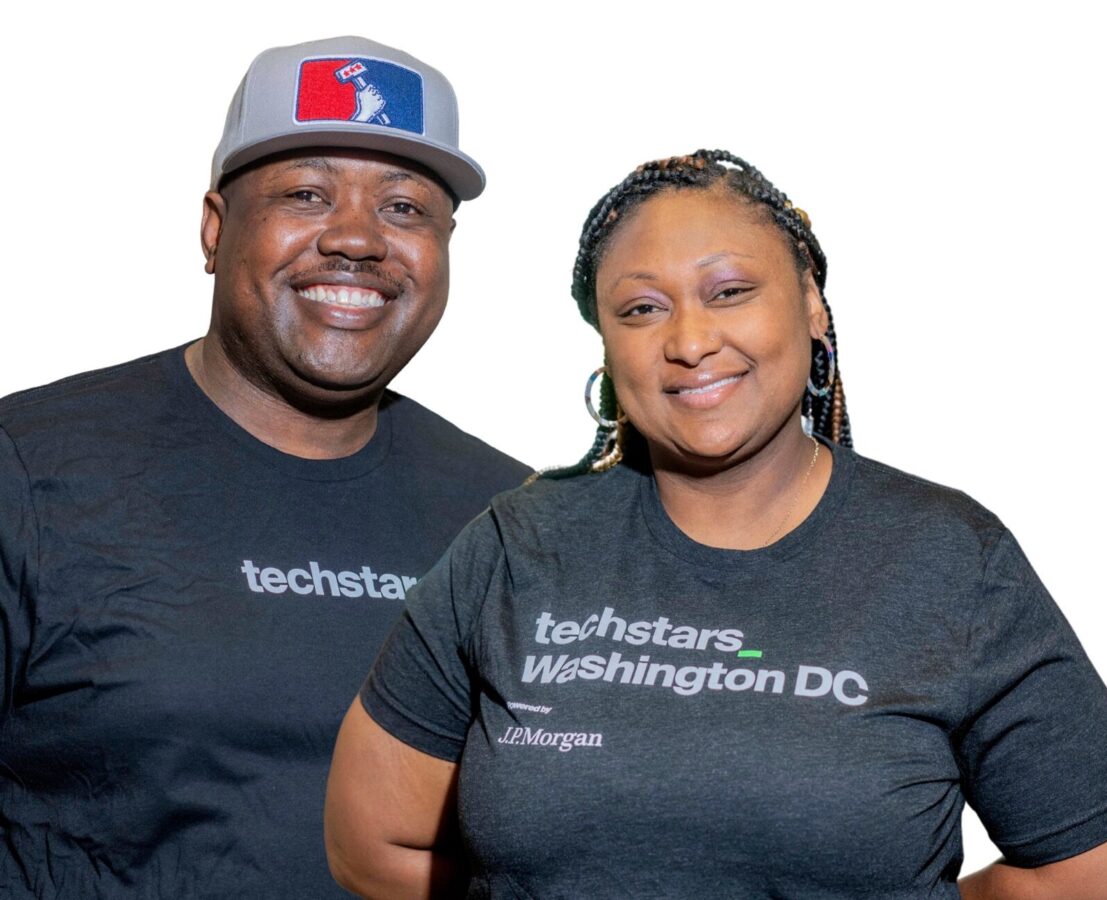From a pool of over 600 applications, the Techstars DC startup accelerator selected a cohort of 24 companies to support diverse and underserved founders in the DC area. This week, the cohort wrapped by meeting for a series of presentations and workshops that culminate in a demo day on Thursday.
The organization is partnered with JPMorgan Chase, which helps with funding and networking but does not play a role in the selection process, according to Techstars Managing Director Adam Phillips.
The DC accelerator cohort features companies working in a diverse array of industries. They come from as far away as Spain and Ecuador, as well as various cities throughout the US — including DC. The cohort encompasses sectors such as health and wellness, education, finance, government and civic engagement, cybersecurity and beyond. This is the second year of the cohort program.
“We continue to build on the typical strengths of the region,” Phillips said. “We have health tech, fintech, govtech and insurer tech, which are big for DC. We saw that same strength of companies for sure.”
However, Phillips also noticed a few differences in applications this year due to emerging trends.

“The AI trend was hitting big for sure, especially on the application side,” he said. “We’ve got a lot of applications that were AI, which I think is pretty typical in investing. A lot of companies end up kind of following trends, and you have to suss out the ones where that’s actually what they’re doing versus the ones who are just jumping on the trend.”
The startups chosen receive up to about $120,000 in funding in exchange for equity. The funding is provided in a two-tiered system and distributed at different intervals. The companies receive an initial $20,000 based on their current valuation, which is non-negotiable, and then receive $100,000 in the form of a convertible note that gets priced later on.
In other words, the valuation of the startup could change in its next price round, and the amount of equity the startup will give to investors in exchange for the $100,000 will depend on the future valuation.
Beyond the capital infusion, the process also includes selecting mentors.
“We had a chance to scroll our entire roster of different mentors and select who we wanted to meet with, and I found three mentors,” said Joshua Reid, founder of corporate social media startup Inphlu. “I got a meeting with a publicly traded company right after New Year’s due to one of my mentors.”
Inphlu helps companies create templates for employee social media posts on platforms like LinkedIn, while providing tracking and analytics software to help companies determine which templates trend well. Reid said that Techstars DC helped him focus on how to better tailor his business for scalability moving forward.
The diversity question
”While talent is distributed equally, opportunity is not,” Phillips said in a statement. “Backing diverse founders leads to a reinvestment in their communities and expanding access for others. This program represents Techstars and J.P. Morgan’s belief that diversity and inclusion are the catalysts of innovation and growth.”
More specifically, Phillips said that Techstars DC surpassed its goal of having 70% of the cohort consist of “Black, brown and women founders.”

However, diversity comes in many forms, including people struggling with disabilities or coming from underrepresented geographic areas. Valeni Felton, who cofounded the company Washington’s Hammer with his wife Chana Ruiz-Felton, pointed out how their unique skill set and perspective as former blue-collar workers often go underrepresented as well.
“So often, especially in tech startups, you don’t see blue-collar work even addressed,” Felton said. “It left me with some insecurities. But more and more, I realize that’s our strength. That’s our value.”
Over the past 14 years, Felton worked in marine maintenance and ship repair management, developing firsthand experience in the challenges faced by shipyards and the impact on the country’s naval defenses. The cofounders developed a product called Keelblok, which allows shipyard workers to track maintenance projects and store government documents on a secure application.
“A lot of government SaaS platforms focus on the needs of the C-suite. They focus on top management, but Keelblok focuses on deck plate mechanics,” Felton said. “We’re able to speak for men and women who often don’t have a voice in the tech space.”







